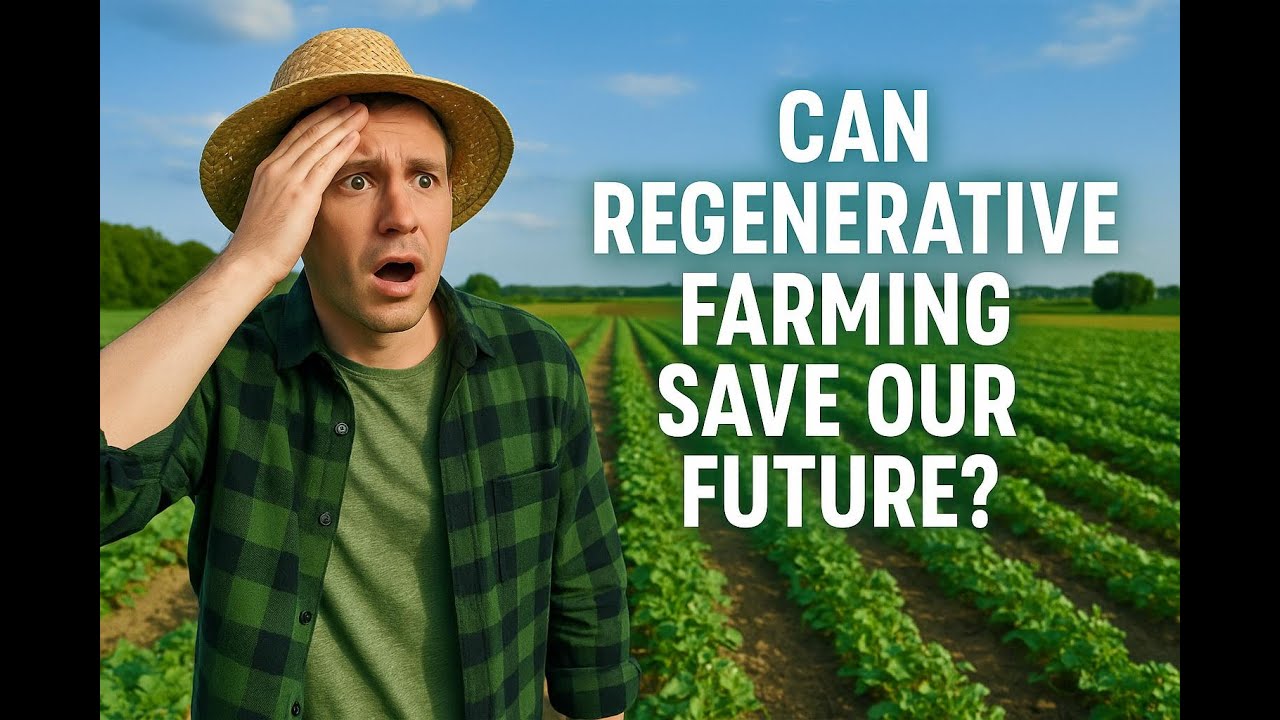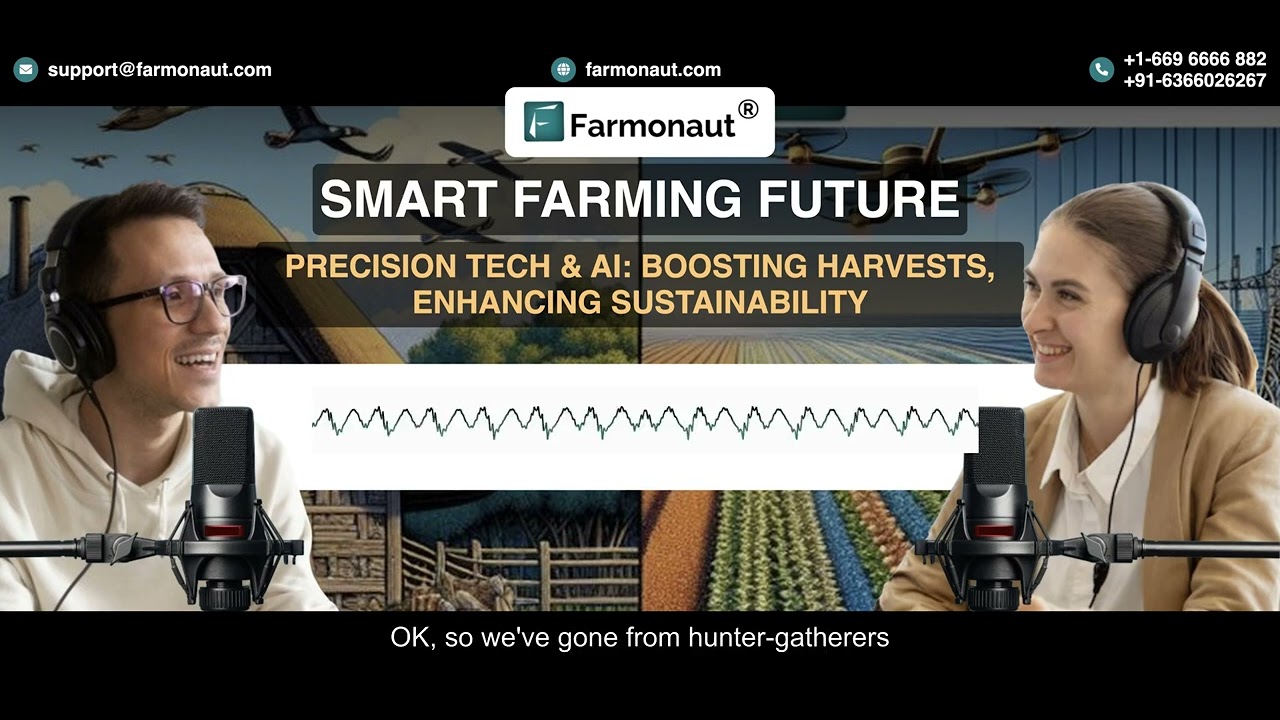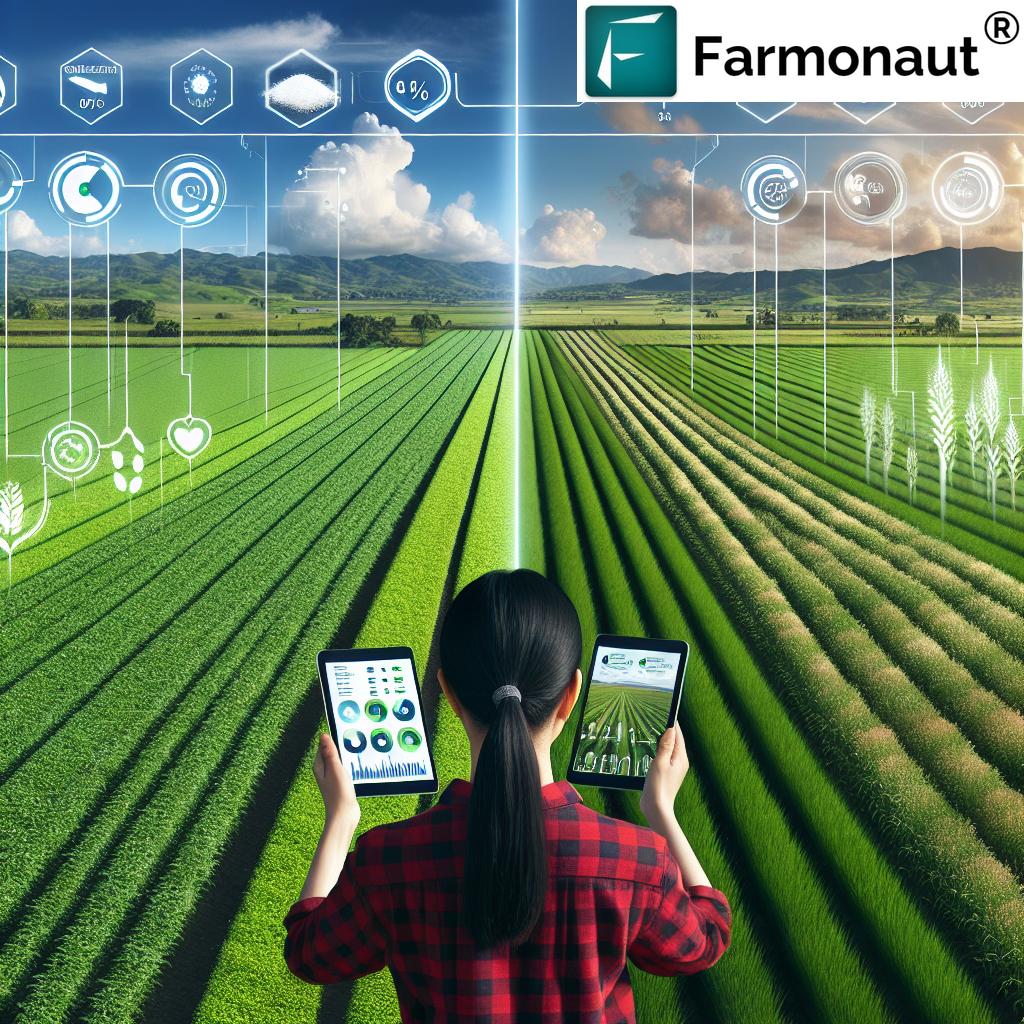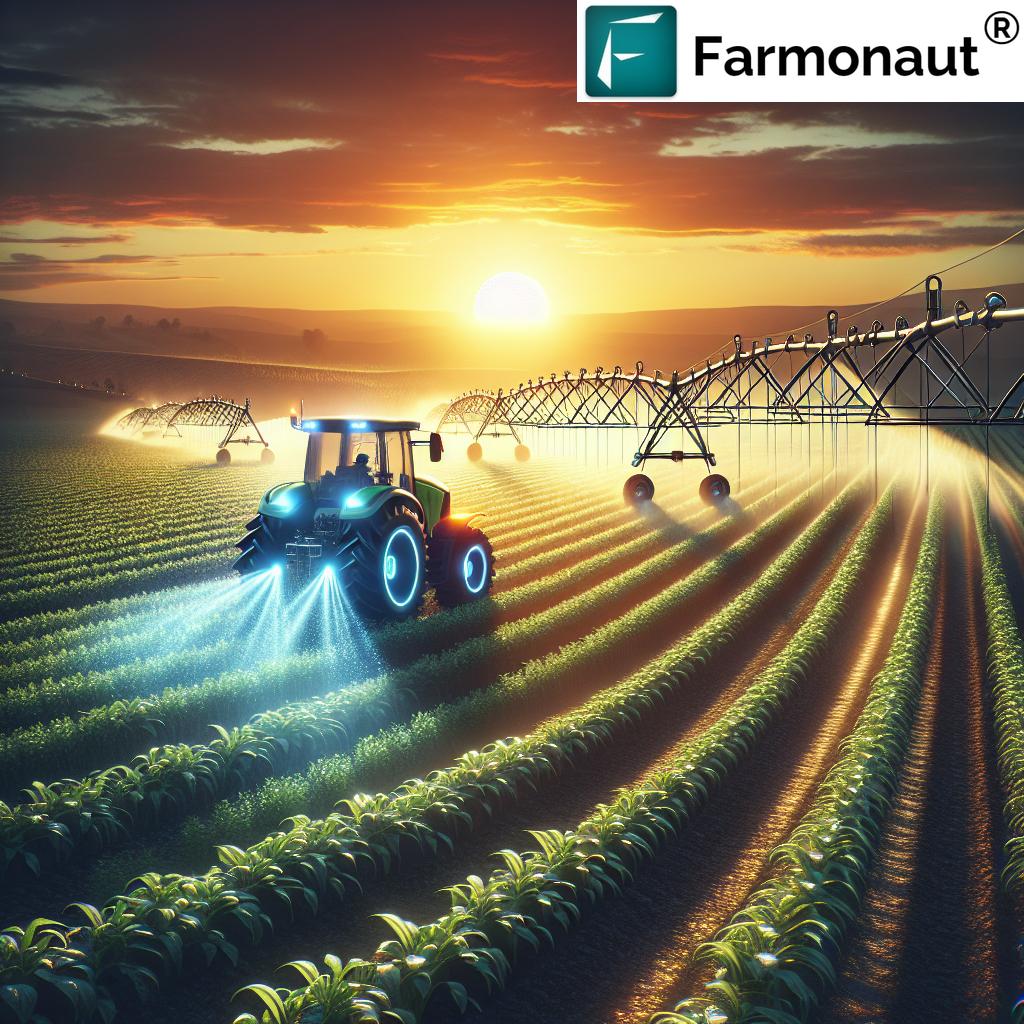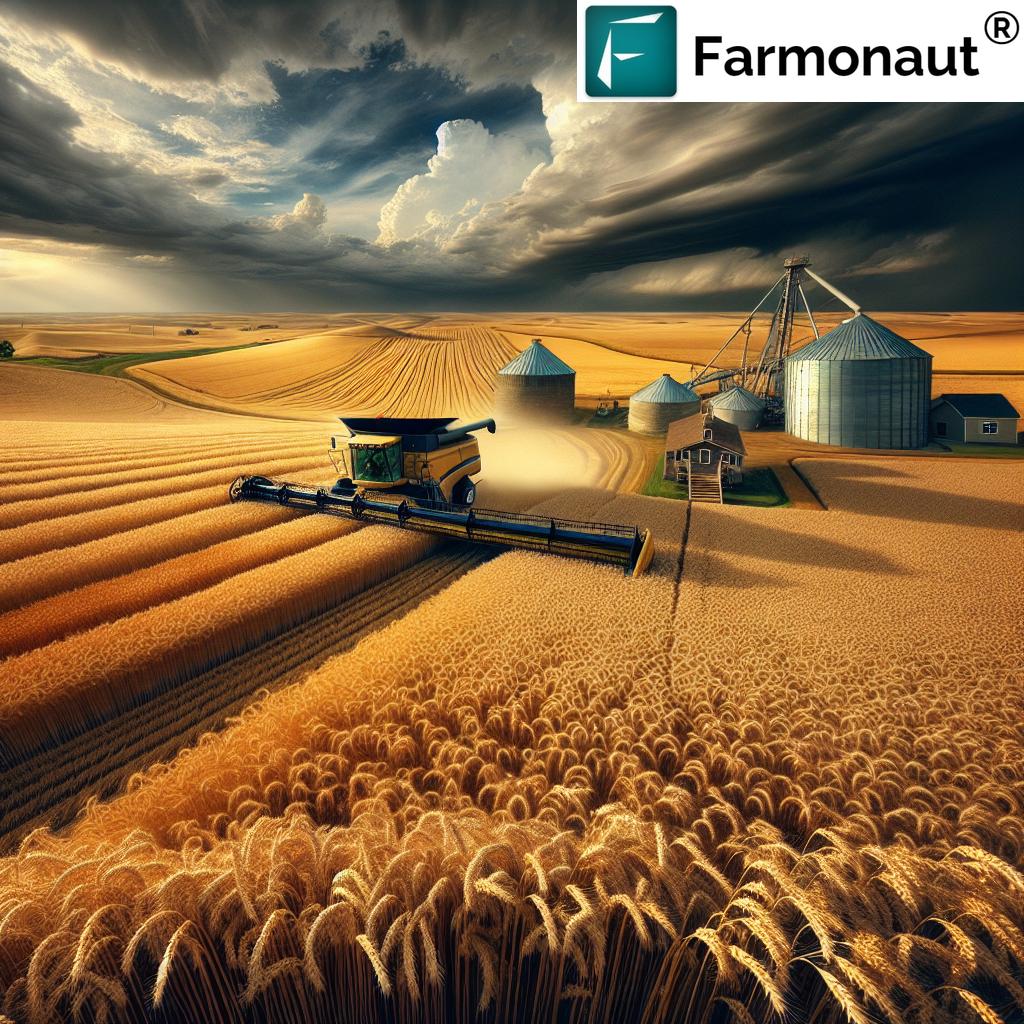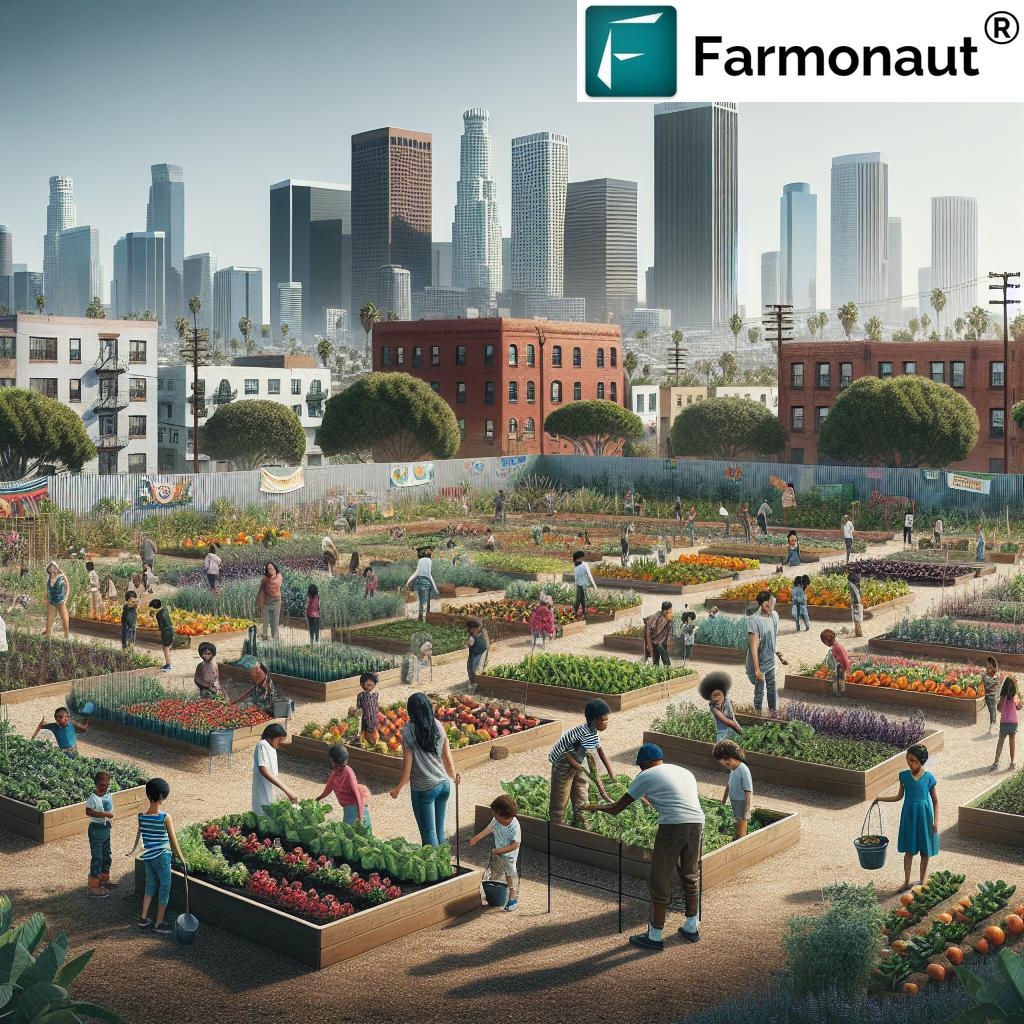Pecan Park Flea & More: Top Farmers Markets 2026 – Sustainability, Community & Local Impact
- Quick Trivia: Pecan Park Flea & Sustainable Agriculture
- The Future of Farmers Markets: A 2026 Landscape
- Why Farmers Markets Remain a Sustainability Cornerstone
- Direct Connections: Producers, Consumers & Local Supply Chains
- Eco-Innovation & Smart Infrastructure Trends
- Education & Community Outreach at Modern Farmers Markets
- Empowering Local Economies & Producers
- Supporting Sustainable Land, Soil, and Forestry Practices
- Comparative Table: Farmers Markets Sustainability Impact
- Advanced Sustainability Tools: Satellite Tech & Farmonaut’s Role
- FAQ: All About Farmers Markets & Sustainability
- Summary & Key Takeaways
The Future of Farmers Markets: A 2026 Landscape
Farmers markets like Pecan Park Flea & Farmers Market, Crocker Park Farmers Market, Dorey Park Farmers Market, Queens Park Farmers Market, Pioneer Park Farmers Market, and Bryant Park Farmers Market stand on the front lines of sustainable agriculture and the transformation of local food systems in 2026.
These markets have long been critical for fostering resilient local economies, supporting farmers and producers, and creating vibrant community hubs. As we look toward the future, their role as catalysts for sustainability, circularity, and rural-urban synergy becomes ever more prominent.

Start Monitoring with Farmonaut’s Web App
By keeping the focus on fresh, locally sourced produce and minimizing lengthy supply chains, these markets directly confront challenges like carbon emissions, food wastage, and environmental degradation. Their continued innovation ensures that local food systems not only survive but thrive in a rapidly changing global agriculture landscape.
Why Farmers Markets Remain a Sustainability Cornerstone
The core significance of farmers markets within 2026 cannot be overstated. Agricultural sustainability is not a catchphrase—it’s the lifeblood of food security, soil and human health, and viable rural economies. Let’s dive into why Pecan Park Flea & Farmers Market and its peer markets are foundational for the future:
- Direct Sale and Localized Exchange:
- Facilitating direct interaction between farmers and consumers minimizes the need for lengthy supply chains.
- This reduces food miles, carbon footprints, and dependency on fossil fuel-intensive transportation and refrigeration systems.
- Local exchange supports economic resilience and enhances community connections.
- Freshness and Nutritional Value:
- Frequent turnover ensures fresh, locally sourced produce, maximizing nutritional content and taste.
- Minimizing Food Wastage:
- Direct-to-customer sale models better match supply and demand, minimizing post-harvest loss and food wastage.
- Transparent Platform:
- Consumers can engage directly with growers, ensuring transparency in production practices and fostering trust in food systems.
Direct Connections: Producers, Consumers & Local Supply Chains
One of the defining features of farmers markets like Pecan Park Flea & Farmers Market in Houston, Texas is the direct interaction between producers and consumers. This transparent platform empowers farmers to respond to consumer demand more rapidly, improving their market agility and resilience.
The elimination of lengthy supply chains also leads to enormous reductions in food miles—and in many cases, transportation emissions drop by up to 75% when compared to supermarket logistics.
Moreover, localized exchange patterns create a more robust and circular economic system within regional communities. Money spent is continually circulated, providing stable distribution hubs for small-scale farmers and producers to thrive.
- Reduced carbon footprints
- Minimized wastage
- Enhanced food security
 Monitor Food Security with the Android App
Monitor Food Security with the Android App
Eco-Innovation & Smart Infrastructure Trends
Farmers markets in 2025 and beyond are not static—they continually evolve to meet modern environmental challenges. Innovation is seen in both infrastructure and operational models, directly promoting sustainability:
- Solar-Powered Stalls: Queens Park Farmers Market leads with solar canopies that generate clean energy, provide shade, and support grid resilience.
- Digital Payment Systems: Reduces cash handling and friction, allowing consumers and producers to transact efficiently.
- Data Collection Tools: Tracking visitor flows, demand cycles, and product popularity—these help guide farmers’ production practices and minimize food wastage.
- Composting & Waste Reduction: On-site composting, packaging bans, and plastic reduction schemes are increasingly standard, further shrinking carbon footprints.
These innovations confirm how markets like Pecan Park Flea, Crocker Park, Dorey Park, Queens Park, Pioneer Park, and Bryant Park are redefining the urban infrastructure for sustainable food systems.
And, if you’re a tech-savvy producer or agripreneur, you can boost efficiencies further using smart tools for fleet management in agriculture, mining, or infrastructure. Farmonaut offers an advanced solution to increase logistics efficiency and resource management. Learn more about Farmonaut’s Fleet Management solution →
Education & Community Outreach at Modern Farmers Markets
Education is integral to the culture of farmers markets in the next era. Dorey Park Farmers Market and Queens Park Farmers Market are stand-out exemplars in this space, going beyond commerce to provide educational outreach programs and sustainability experiences.
- Soil Health & Conservation Workshops: Visitors learn about soil health, water conservation, and the importance of biodiversity for farm viability.
- Crop Rotation and Organic Farming Techniques: Regular seminars for both farmers and consumers on best practices for sustainable agriculture.
- Community Days: Family events that foster connections and inclusivity—creating vibrant, informed, and empowered neighborhoods.
With our ever-increasing need to nurture regenerative food systems, this educational aspect is a major reason these markets remain a cornerstone of community development and resilience.
Empowering Local Economies & Producers Through Market Hubs
The economic impact of farmers markets such as Pioneer Park Farmers Market and Bryant Park Farmers Market cannot be understated. They provide inclusive growth opportunities within the agricultural sector, especially for historically marginalized groups.
- Women Farmers, Indigenous Producers, and Young Agripreneurs: Finding a consistent venue for produce sale in a welcoming, direct-to-consumer environment.
- Reduced Competition with Large Supermarkets: Local markets provide a realistic avenue for small-scale farmers to compete and remain competitive.
- Community Wealth Circulation: Money circulates within communities, reducing urban migration pressures and fostering rural development.
- Advancing Food Security: Diverting a greater share of value to the producers, strengthening the economic and social fabric of the region.
If you’re interested in satellite-based loan or insurance verification—helpful for both individual farmers and cooperatives across rural landscapes—explore Farmonaut’s Crop Loan & Insurance Solutions for secure and transparent access to finance.
Supporting Sustainable Land, Soil, and Forestry Practices
Markets like Pecan Park Flea and other “park-themed” farmers markets extend their impact by enabling agroforestry and sustainable land use practices on regional farms. Here’s how:
- Encouragement of Agroforestry: By offering a premium platform for agroforestry products (such as pecans or shade-grown crops), markets support biodiversity and carbon sequestration.
- Soil Health: Soil-centric education and premium pricing for soil-friendly products encourage regenerative agricultural methods.
- Biodiversity Conservation: Sustainability programs highlight the value in maintaining healthy land and tree cover for enhanced ecosystem services and farm productivity.
To boost carbon sequestration and prove your environmental stewardship, check out Farmonaut’s Carbon Footprinting & Remote Environmental Tracking Platform, which offers real-time carbon monitoring for agricultural lands.
Comparative Table: Farmers Markets Sustainability Impact
To better understand the tangible impact of leading farmers markets on sustainability, let’s compare some key metrics below:
| Market Name | Estimated Annual Local Vendors | Estimated Visitors per Year | % Organic Products | Estimated Waste Reduction (kg/year) | Community Programs Offered | Eco-Friendly Initiatives |
|---|---|---|---|---|---|---|
| Pecan Park Flea & Farmers Market | 120+ | 800,000+ | 68% | 63,000 | 10 | Solar-powered stalls, composting, plastic reduction |
| Crocker Park Farmers Market | 95 | 700,000 | 56% | 44,000 | 8 | Digital payments, eco-packaging mandates |
| Dorey Park Farmers Market | 85 | 600,000 | 60% | 39,500 | 12 | Rainwater harvesting, recycling projects |
| Queens Park Farmers Market | 100 | 900,000 | 74% | 66,000 | 15 | Solar canopies, composting, community gardens |
| Pioneer Park Farmers Market | 75 | 500,000 | 52% | 28,000 | 7 | Local tree planting, green transport incentives |
| Bryant Park Farmers Market | 90 | 720,000 | 64% | 55,500 | 9 | Low-emission stalls, urban beekeeping |
Key Takeaway: Markets with comprehensive eco-initiatives and robust community programming, like Queens Park and Pecan Park Flea, are proving how agricultural sustainability, education, and innovation go hand in hand.
Advanced Sustainability Tools: Satellite Tech & Farmonaut’s Role
As agricultural systems become more complex, leveraging high-tech tools is essential for sustainability, profitability, and resilience. We at Farmonaut deliver satellite-driven, real-time monitoring solutions for any scale of farms—helping farmers, producers, and market organizers track:
- Vegetation & Soil Health (NDVI) – for smarter irrigation and input use
- Resource & Fleet Management – improves distribution, keeps goods fresh, and cuts carbon emissions
- Blockchain-based Traceability – builds consumer trust and mitigates food fraud; more on the technology at Farmonaut’s Product Traceability
- Environmental Impact Tracking – including carbon footprint monitoring and compliance; see more at Carbon Footprinting
- AI-Powered Advisory – with real-time weather, strategic insights, and customized crop recommendations to help farms and markets adapt rapidly
Accessing our solutions is simple:
 Web App: Real-time field data, from anywhere
Web App: Real-time field data, from anywhere Android App: Monitor farm or market on your phone
Android App: Monitor farm or market on your phone iOS App: Real-time insights at your fingertips
iOS App: Real-time insights at your fingertips- API for Seamless Integration – Developers and businesses can ingest satellite, carbon, and crop analytics directly into their own platforms. See the Developer Docs
For organizations seeking scalable, advanced large scale farm management, our Agro-Admin App provides powerful controls across regions or portfolios.
This suite of tools positions us to empower farmers, markets, and policymakers towards a more sustainable and resilient food system now and far into the future.
FAQ: All About Farmers Markets & Sustainability
What makes Pecan Park Flea & Farmers Market unique among farmers markets in 2026?
Pecan Park Flea & Farmers Market stands out for its consistent support of local vendors, solar-powered infrastructure, extensive community programs, and advanced waste reduction. Its focus on organic products and environmental stewardship make it a model for others.
How do farmers markets foster sustainable agriculture and reduce carbon footprints?
By facilitating direct sale of produce from farmers to consumers, farmers markets minimize lengthy supply chains, reduce dependency on fossil fuel transportation and refrigeration, and lower food miles. This localized exchange supports eco-friendly consumption and community resilience.
Are farmers markets only beneficial to small-scale producers?
While small and medium-scale farmers benefit significantly, modern farmers markets also serve as hubs for a diverse range of producers, agripreneurs, women in agriculture, and indigenous groups. The inclusive growth model empowers a wide spectrum of agricultural stakeholders.
What technological innovations are impacting farmers markets today?
Smart infrastructure (solar, composting), digital payments, satellite-based crop monitoring, resource optimization, blockchain traceability, and environmental impact tracking are reshaping market efficiency, transparency, and sustainability.
How can Farmonaut help farmers and markets advance their sustainability goals?
We at Farmonaut provide affordable, real-time satellite monitoring, carbon tracking, crop advisory, fleet and resource management, and transparent blockchain supply chain solutions. This helps users precisely monitor farm health, prove sustainability, and make strategic decisions.
What types of educational programs are common at modern farmers markets like Dorey Park and Queens Park?
Topics include soil health, crop rotation, water conservation, regenerative farming, food traceability, and climate adaptation. These interactive learning opportunities benefit both producers and consumers.
Summary & Key Takeaways
From Pecan Park Flea & Farmers Market to Crocker Park, Dorey Park, Queens Park, Pioneer Park, and Bryant Park, farmers markets will continue to play a vital role in 2026 and beyond. They are cornerstones of local economies, food security, and sustainable agricultural systems.
Key reasons these markets remain indispensable:
- Fostering direct connections between farmers and consumers
- Reducing carbon emissions and food wastage through local distribution hubs
- Advancing adoption of organic, regenerative methods in farming
- Promoting community educational outreach and sustainability awareness
- Empowering rural, women, and indigenous producers—driving resilience, inclusion, and development
- Innovating with eco-friendly infrastructure: solar, composting, tech integration, waste management
- Encouraging best land management and forestry practices for long-term soil and farm health
For both consumers and producers, embracing these markets means actively supporting a healthier, more sustainable planet—and ensuring the future prosperity of our communities and food systems.
In summary, as agriculture continues to evolve amidst climate and economic challenges, farmers markets like those at Pecan Park Flea and its peers will remain at the heart of a transformative, sustainable, and inclusive agricultural landscape into 2026 and beyond.


